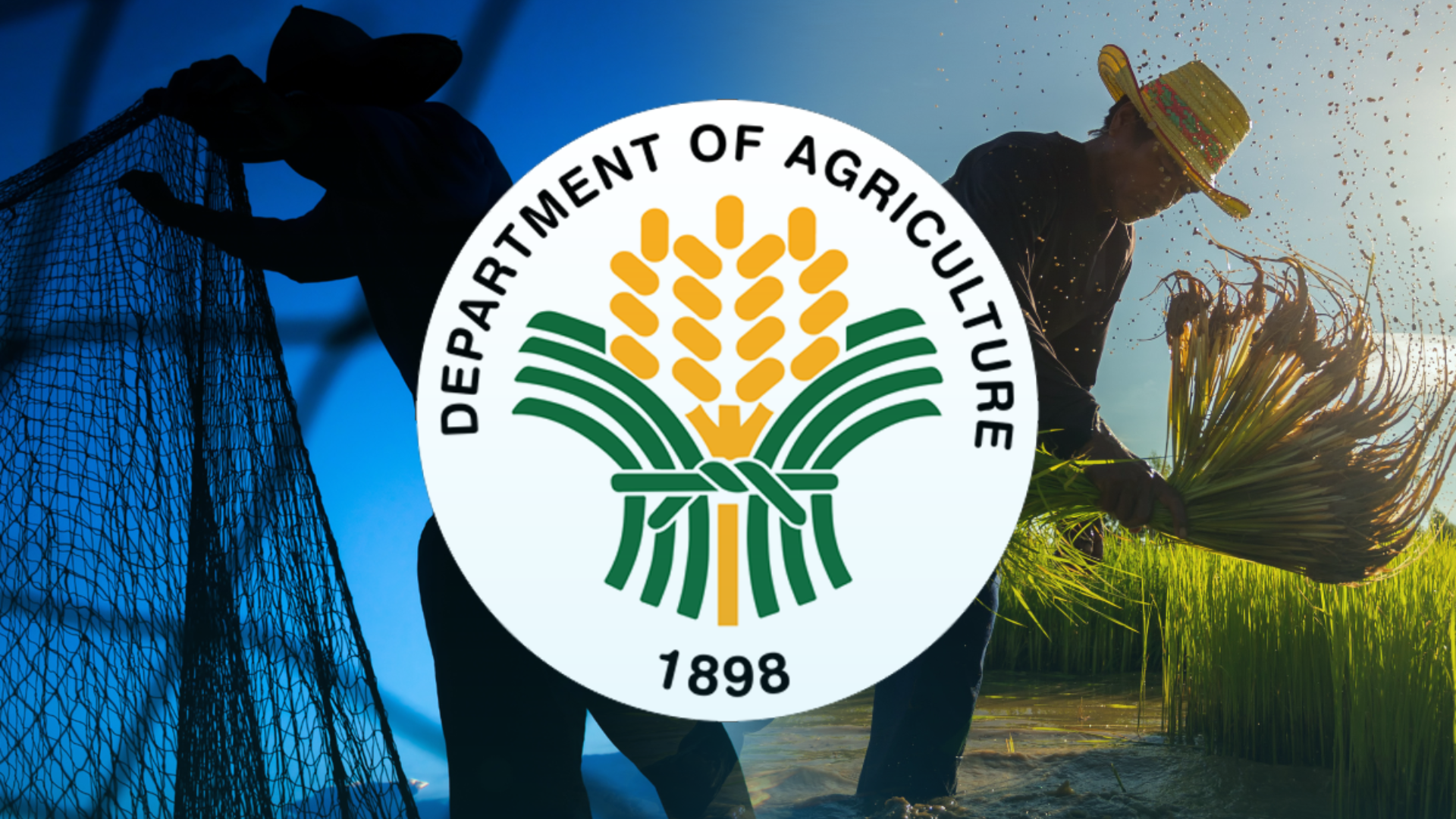DA files complaint vs trading firm for misdeclaration of imported onions

Department of Agriculture (DA) logo. INQUIRER FILES
MANILA, Philippines — The Department of Agriculture (DA) has filed a complaint against Chastity Consumer Goods Trading for alleged misdeclaration of imported fresh yellow onions as processed food to bypass agricultural import regulations.
In a statement on Sunday, the DA said it lodged the complaint with the Olongapo City Prosecutor’s Office, accusing the trading firm of violating the Food Safety Act and the Plant Quarantine Law of 1978. The agency named Lina Bang Talan, the owner and president of Chastity Consumer Goods Trading, as the respondent in the case.
The case stems from an inspection at the Port of Subic, which uncovered thousands of boxes of yellow onions falsely declared as frozen fish egg balls.
“The goods were declared as frozen fish egg balls, a processed food item not under the jurisdiction of the BPI (Bureau of Plant Industry). However, upon inspection, the containers yielded thousands of cartons of yellow onions, which are subject to the DA-BPI’s regulations,” the DA said.
READ: DA: 4 firms linked to smuggling charged
Carmela Rivera, area manager of BPI – National Plant Quarantine Services Division at the Port of Subic, said authorities inspected in August 2024 after receiving “derogatory information” indicating undeclared agricultural products in the shipment.
Officials from the BPI, Bureau of Customs, and other port authorities confirmed that the cargo contained yellow onions, which require a Sanitary and Phytosanitary Import Clearance to prevent the spread of pests and diseases, she added.
The DA also noted that Chastity Consumer Goods Trading is not a registered BPI importer, making the shipment unauthorized.
The agency added that tests conducted on the confiscated onions, which totaled 6,395 stacks, found high levels of microbiological contaminants, including E. coli, making them unsafe for consumption.
READ: DA blacklists 10 firms for illegal trade acts
Authorities warned that misdeclaration of agricultural imports poses serious risks to food safety and local crop protection.